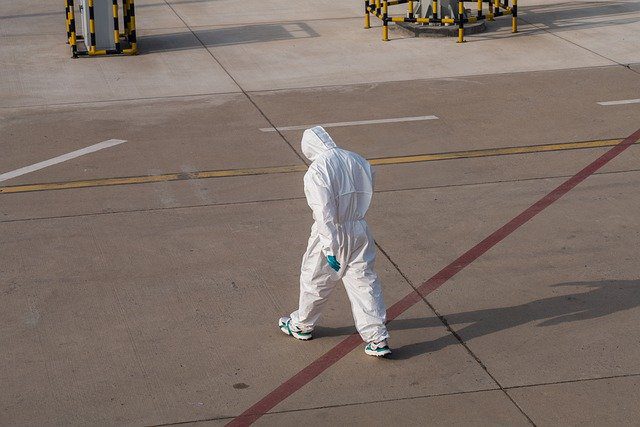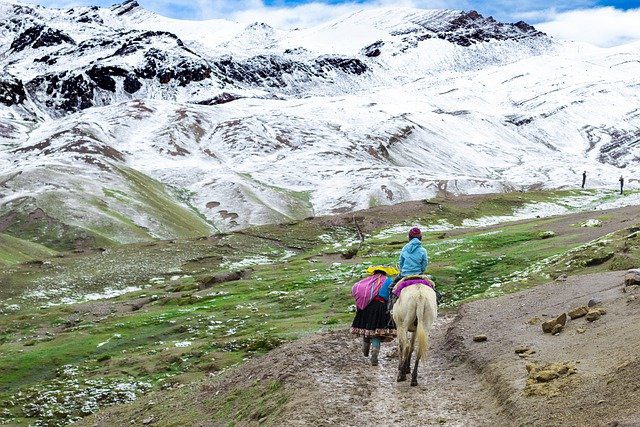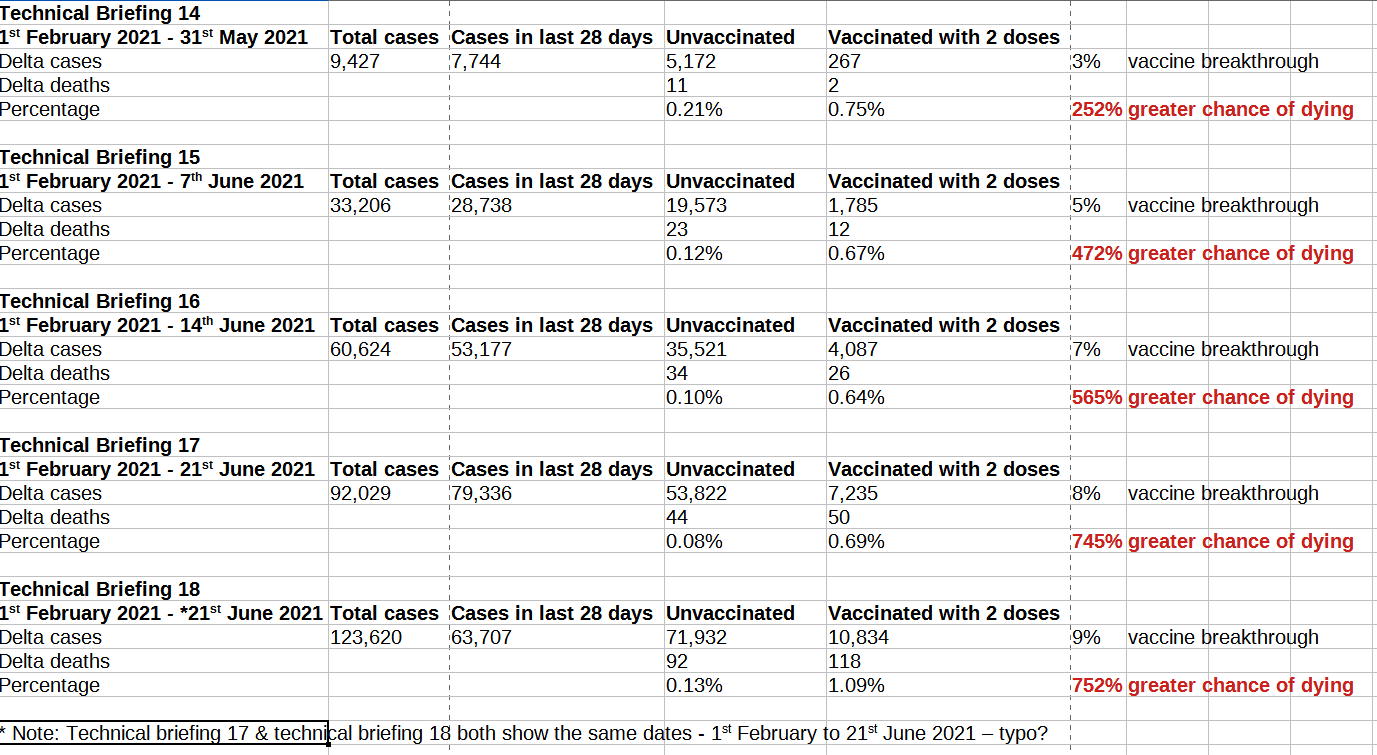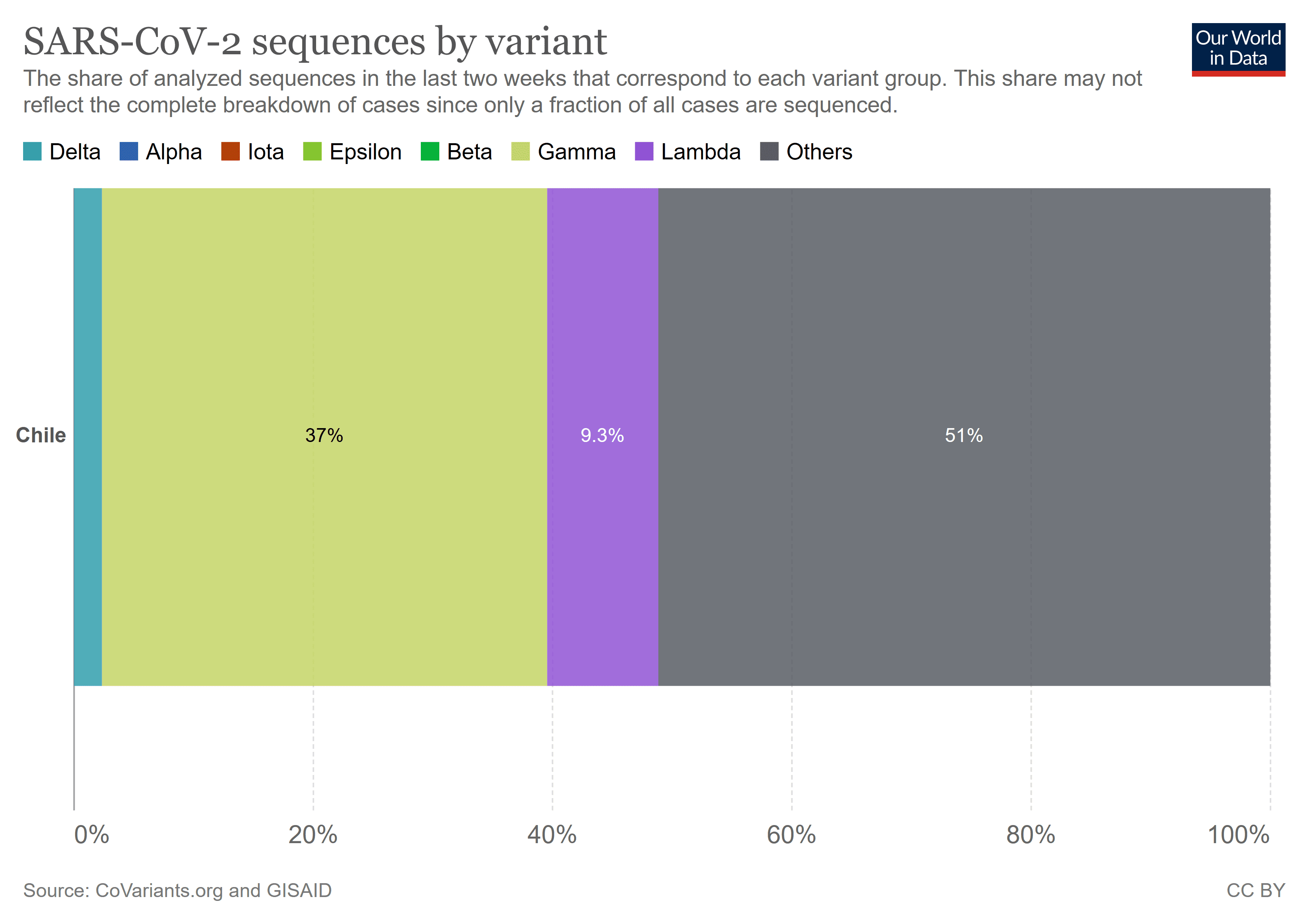
WHO: strong likelihood for the emergence and global spread of new and possibly more dangerous variants of concern
“Despite national, regional, and global efforts, the pandemic is nowhere near finished. Strong likelihood for the emergence and global spread of new and possibly more dangerous variants of concern that may be even more challenging to control.”
The pandemic remains a challenge globally with countries navigating different health, economic and social demands. The Committee noted that regional and economic differences are affecting access to vaccines, therapeutics, and diagnostics. Countries with advanced access to vaccines and well-resourced health systems are under pressure to fully reopen their societies and relax the PHSM. Countries with limited access to vaccines are experiencing new waves of infections, seeing erosion of public trust and growing resistance to PHSM, growing economic hardship, and, in some instances, increasing social unrest.
As a result, governments are making increasingly divergent policy decisions that address narrow national needs which inhibit a harmonized approach to the global response. In this regard, the Committee was highly concerned about the inadequate funding of WHO’s Strategic Preparedness and Response Plan and called for more flexible and predictable funding to support WHO’s leadership role in the global pandemic response.
The Committee noted that, despite national, regional, and global efforts, the pandemic is nowhere near finished. The pandemic continues to evolve with four variants of concern dominating global epidemiology. The Committee recognised the strong likelihood for the emergence and global spread of new and possibly more dangerous variants of concern that may be even more challenging to control.
The Committee expressed appreciation for States Parties engaging in research to increase understanding of COVID-19 vaccines and requested that clinical trial volunteers not be disadvantaged in travel arrangements due to their participation in research studies. At the same time, the risk of emergence of new zoonotic diseases while still responding to the current pandemic has been emphasised by the Committee. The Committee noted the importance of States Parties’ continued vigilance for detection and mitigation of new zoonotic diseases.
The Committee unanimously agreed that the COVID-19 pandemic still constitutes an extraordinary event that continues to adversely affect the health of populations around the world, poses a risk of international spread and interference with international traffic, and requires a coordinated international response. As such, the Committee concurred that the COVID-19 pandemic remains a public health emergency of international concern (PHEIC) and offered the following advice to the Director-General.
Image by Mario Hagen from Pixabay





